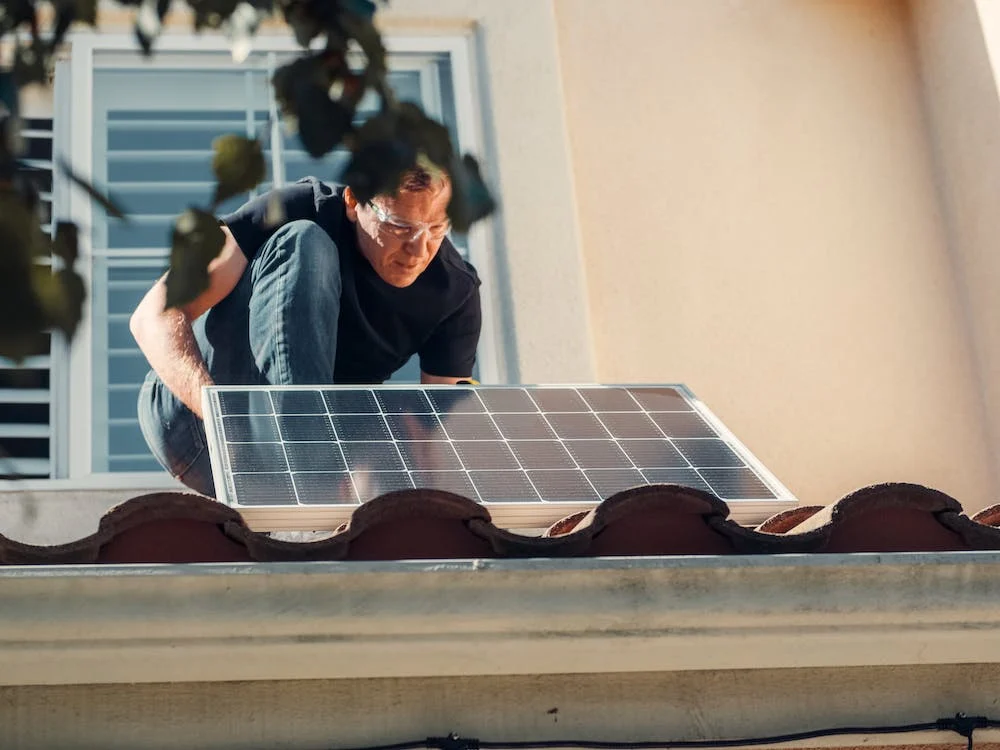Using electricity through traditional methods results in substantial electricity bills at the end of the month and contributes to global warming and pollution. As a result, many homeowners choose to shift to solar panels for electricity supply in their homes. The primary aim is to save expenses, but there are many other benefits as well. Nevertheless, installing solar panels can be expensive in the beginning and requires substantial investment. It will be a few years before you have covered the installation charges and start receiving the return on investments.
So the question is, is residential solar installation worth the cost and effort? Let’s find out.
1. Calculate Electricity Bills
Since solar panels help you generate your power, it will significantly offset the monthly electricity bill. So first, you need to find out how many units of electricity you use each month. Solar panels are useful when electricity consumption in your home is high, which could be due to several reasons.
More family members, having a family business which you run from home, using air conditioning or heaters- all of these can add to your electricity consumption. In that case, generating your electricity will be worth it since you will practically stop footing that bill in a few years.
2. Exposure to Sunlight
Solar panels work the best when they get maximum sunlight. You can generate more electricity; you can also save the excess energy to be used at night or when days are cloudy. If your location has more daylight hours, then it is worth it to install solar panels.
To calculate your home’s orientation to the sun, the amount of time it is in the shade and is the roof away from any obstacle like large trees. You can also use a solar estimate calculator to measure the efficiency of the panels. Then offset it by how much you pay for electricity each month to calculate if installing them is worth it.
3. Calculate Solar Panel Residential Costs
Reduced long term expenses will eventually make up for the initial investment you are making. Since solar panels do not require much maintenance, you will hardly have to worry about any significant expenses after you have installed them. Once you have covered the installation expenses in the first few years, the panels can last for as long as twenty years with minimal expenditures.
Considering inflation, the cost of using electricity through conventional methods will increase remarkably in that period. Your lifestyle might also undergo a change, and you might need more electricity as well, and both these factors will result in dramatically high bills. Solar energy, however, will always remain free, and the long-term reduction in bills will help you save thousands of dollars if you go for residential solar installation. Are you in Hawaii? There is a solar company in Hawaii that offers quality services for both your residential and commercial needs. Get the best for your budget!
4. Incentives
If you can avail of some incentives, then installing solar panels is worth it. The incentives will reduce the upfront costs that you had to pay for the installation. Many governments, both federal and state, offer various incentive schemes to the consumers to be inspired to install solar panels and promote sustainability.
You pay less when you pay federal taxes, cashback benefits, or even property tax exemptions because your home is environment-friendly. Moreover, it also increases your home value, which helps you get prices in the top brackets when you are ready to sell. With many new homeowners consciously trying to reduce their carbon footprint, this is an added plus.
If you are thinking long-term, then opting for residential solar installation will help you lead a financially independent and eco-friendly lifestyle. Your home will be ready to embrace the future, making the installation worth it.

